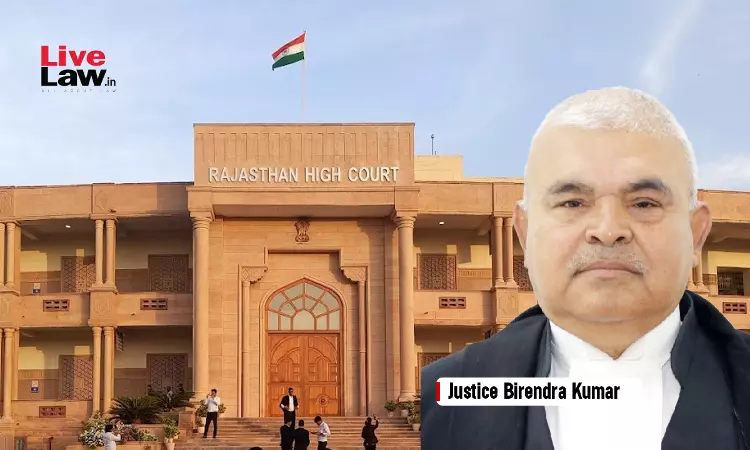'Bhangi', 'Neech', 'Bhikhari', 'Mangani', Not Caste Names: Rajasthan High Court Drops Charges Under SC/ST Act
Nupur Agrawal
14 Nov 2024 11:15 AM IST

Next Story
14 Nov 2024 11:15 AM IST
The Jodhpur bench of the Rajasthan High Court dropped charges under the SC/ST Act against four men accused of using words like 'Bhangi', 'Neech', 'Bhikhari', 'Mangani' while addressing certain individuals, ruling that these words were not caste names and neither was there an allegation that the four men knew the castes of the latter. In doing so the court also observed that the police after...
